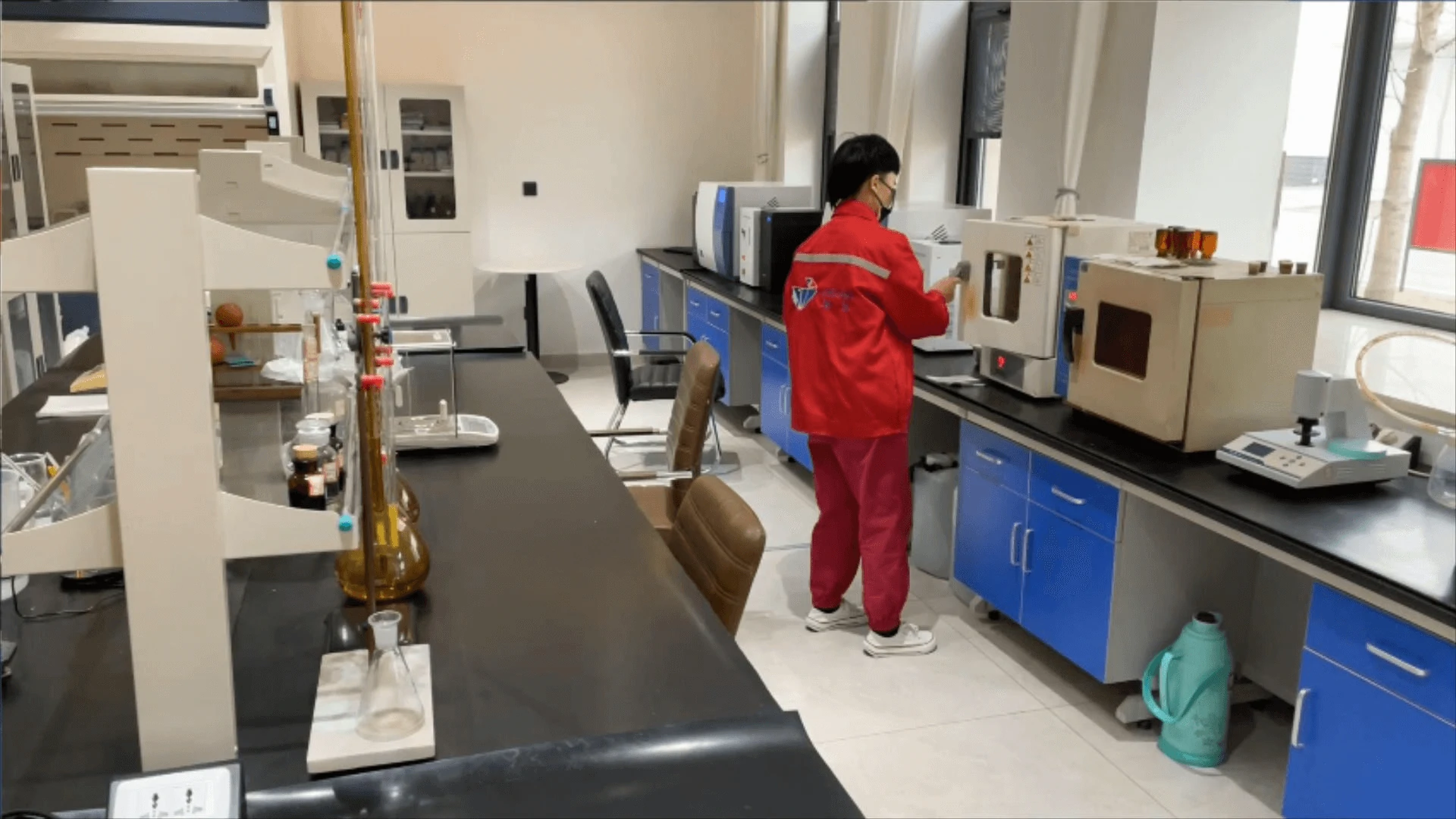
ธ.ค. . 10, 2024 16:08 Back to list
mortar bonding additive
Understanding Mortar Bonding Additives and Their Importance in Construction
In the ever-evolving field of construction, the quest for stronger, more durable materials is an ongoing pursuit. One of the significant developments in this area is the use of mortar bonding additives. These specialized compounds enhance the bonding strength of mortar, improving its performance and extending the longevity of structures. In this article, we will explore what mortar bonding additives are, their types, benefits, and applications.
What are Mortar Bonding Additives?
Mortar bonding additives are chemical substances added to traditional mortar formulations. They are designed to improve the adhesive qualities of the mortar, augmenting its ability to adhere to various surfaces. These additives work at the micro-level by enhancing the interaction between the mortar and the substrate it bonds with. They are typically compatible with organic and inorganic materials and can significantly alter the properties of conventional mortar mixes.
Types of Mortar Bonding Additives
There are several types of mortar bonding additives available on the market, each designed for specific applications and performance characteristics.
1. Polymer-Based Additives These are commonly used to enhance flexibility, adhesion, and resistance to water. For instance, polyvinyl acetate (PVA) and ethylene-vinyl acetate (EVA) emulsions are popular choices that improve bond strength and reduce the permeability of the mortar. 2. Latex Additives Latex additives provide enhanced flexibility and shear strength, making them ideal for areas that experience movement such as joints and cracks. These additives can also improve the mortar’s resistance to freeze-thaw cycles. 3. Hydraulic Additives Hydraulic bonding agents, such as calcium sulfoaluminate, lend characteristics that allow mortar to set and harden under water, thereby expanding its potential applications in wet or humid environments.
4. Chemical Retarders and Accelerators These additives alter the setting time of the mortar, providing the flexibility to work under various environmental conditions. This can be critical on large sites where time management is essential.
Benefits of Using Mortar Bonding Additives
The incorporation of bonding additives into mortar offers a plethora of benefits
- Increased Bond Strength The primary advantage is the significant increase in bonding strength between the mortar and the substrate
. This improved adhesion leads to fewer failures in the bond over time.- Improved Durability Mortar with bonding additives can resist cracking, shrinkage, and other forms of mechanical stress, increasing the longevity of the construction.
mortar bonding additive

- Water Resistance Many bonding additives provide enhanced water resistance, making the mortar suitable for outdoor applications and areas with high moisture exposure.
- Flexibility The incorporation of additives enables the mortar to better withstand thermal movements and vibrations, making them ideal for structures in varying weather conditions.
- Versatility With additives, mortars can be adapted for a wide range of applications, from residential to commercial projects, and used on numerous surfaces including bricks, stones, and concrete.
Applications in Construction
Mortar bonding additives find their applications across a diverse range of construction projects
- Masonry Construction Used to bond bricks, blocks, and stones, enhancing the structural integrity of walls and facades.
- Renovation and Restoration These additives are often utilized in the restoration of historical buildings where traditional methods may not suffice due to advanced material requirements.
- Tile and Stone Installation Additives allow for better adhesion of tiles and stones, preventing issues such as slippage or cracking in installations.
- Waterproofing In areas that require waterproof solutions, such as basements or pools, bonding additives provide the necessary protection against water intrusion.
Conclusion
Mortar bonding additives are an essential component in the modern construction industry. They enhance the bonding strength of mortar while providing additional benefits such as increased durability and flexibility. As the demand for high-performance materials continues to grow, the use of bonding additives will likely become even more prevalent. Understanding their properties and applications can help construction professionals make informed decisions, leading to stronger, longer-lasting structures. Investing in quality bonding additives not only improves the quality of construction but also enhances safety and sustainability in building practices.
-
Versatile Hpmc Uses in Different Industries
NewsJun.19,2025
-
Redispersible Powder's Role in Enhancing Durability of Construction Products
NewsJun.19,2025
-
Hydroxyethyl Cellulose Applications Driving Green Industrial Processes
NewsJun.19,2025
-
Exploring Different Redispersible Polymer Powder
NewsJun.19,2025
-
Choosing the Right Mortar Bonding Agent
NewsJun.19,2025
-
Applications and Significance of China Hpmc in Modern Industries
NewsJun.19,2025







